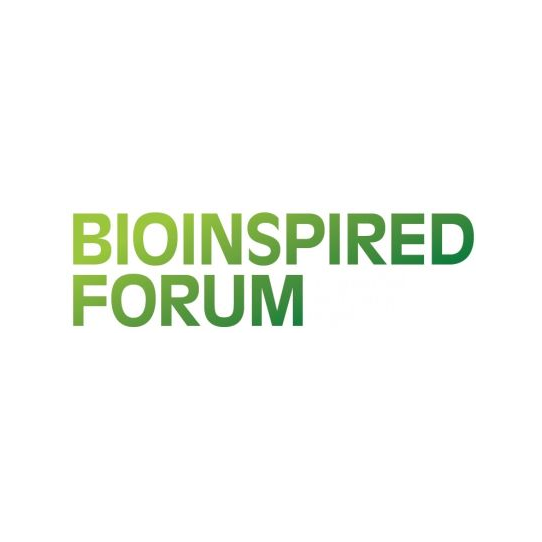SwePass prepares the industry for stricter EU requirements on textile waste
2025.09.29
In September, the EU approved an update to the Waste Framework Directive that makes Extended Producer Responsibility (EPR) mandatory for textiles. EPR requires producers who place textiles on the market to take responsibility from collection to recycling. The national platform SwePass will facilitate this systemic shift, where traceability and access to reliable product information play an important role.

Textiles are one of the most resource- and climate-intensive industries, and the mountains of clothing waste keep growing.
Overconsumption turns into growing piles of clothes
Textiles are one of the most resource- and climate-intensive industries, and the mountains of clothing waste keep growing. To curb overproduction and reduce waste, the EU is rolling out policies that force both consumers and producers to take responsibility so that waste decreases. The latest update of the policy tool Extended Producer Responsibility, EPR, came in September.
It is now up to member states to implement these rules in national legislation and build functioning systems that enable circularity for textiles. The industry is being forced into a transition with increased focus on traceability, common standards, and digital solutions.
To support this transition, the national platform SwePass is bringing together actors from across the value chain with the goal of preparing the Swedish industry for the requirements. Axfoundation is participating in two work packages – a textile demonstrator and a policy lab – led by project manager Stina Behrens.
For a used garment to be resold or recycled, we need to know what it is made of, how it has been used, and what condition it is in. That requires digital solutions that connect product data with the entire value chain.
– Stina Behrens, Project Manager for Future Materials at Axfoundation.
EPR makes the producers of textiles responsible
So, what legislation applies? As of January 1, 2025, it became mandatory to collect textile waste in Sweden – a requirement that applies to all households and businesses throughout the EU. In September, additional legal requirements came into force to prevent and reduce textile and food waste – the updated EU rules for producer responsibility (EPR).
For the textile industry, this means that anyone placing clothing, home textiles, or footwear on the EU market must also pay for collection, sorting, reuse, and recycling. The rules also apply to e-commerce actors, both within and outside the EU. The products covered include clothing, accessories, footwear, blankets, bed and kitchen linens, and curtains. In addition, member states must take into account the effects of cheap, lower-quality clothing when designing support schemes.
ESPR intends to make sustainable design the norm
At the same time, the EU’s Ecodesign for Sustainable Products Regulation (ESPR) is pushing forward, with a focus on the beginning of the value chain. The framework entered into force in July 2024 with the goal of making sustainable design the norm. Through upcoming product group-specific rules, ESPR will establish requirements for durability, repairability, and material recyclability, as well as introduce digital product passports. For textiles, this means better traceability throughout the entire lifecycle and stronger conditions for reuse and fiber-to-fiber recycling.
Together, ESPR and EPR are the practical tools that make the transition possible – ESPR through design requirements and digital product passports, and EPR through responsibility for collection, sorting, and recycling.
To facilitate this transition for Swedish companies, SwePass contributes several of the crucial missing pieces: shared standards and digital product passports that make product data comparable and traceable, ensuring that materials meet recognized requirements and can be resold. When standards, procurement, and investments align, recycled material becomes the obvious choice – and the flows move instead of getting stuck.
For a used garment to be resold or recycled, we need to know what it is made of, how it has been used, and what condition it is in. That requires digital solutions that connect product data with the entire value chain.
– Stina Behrens, Project Manager for Future Materials at Axfoundation.
SwePass is not just about meeting EU requirements – it is also about strengthening the competitiveness of Swedish industry. Through joint solutions for traceability and circularity, the industry can transition in time and stay one step ahead.
Facts about SwePass
SwePass is funded by Vinnova, led by RISE, and is a continuation of the Vinnova project Trace4Value. Its purpose is to build a national platform for traceability, digital product passports (DPP), standards, data sharing, and system solutions across value chains. Through dialogue with authorities and efforts within standardization, SwePass aims to help shape policies that facilitate the business sector’s transition and position Sweden at the forefront of circular and sustainable material management. Axfoundation contributes expertise on business models and data use that enable circularity in practice, with a focus on scalability.
















































